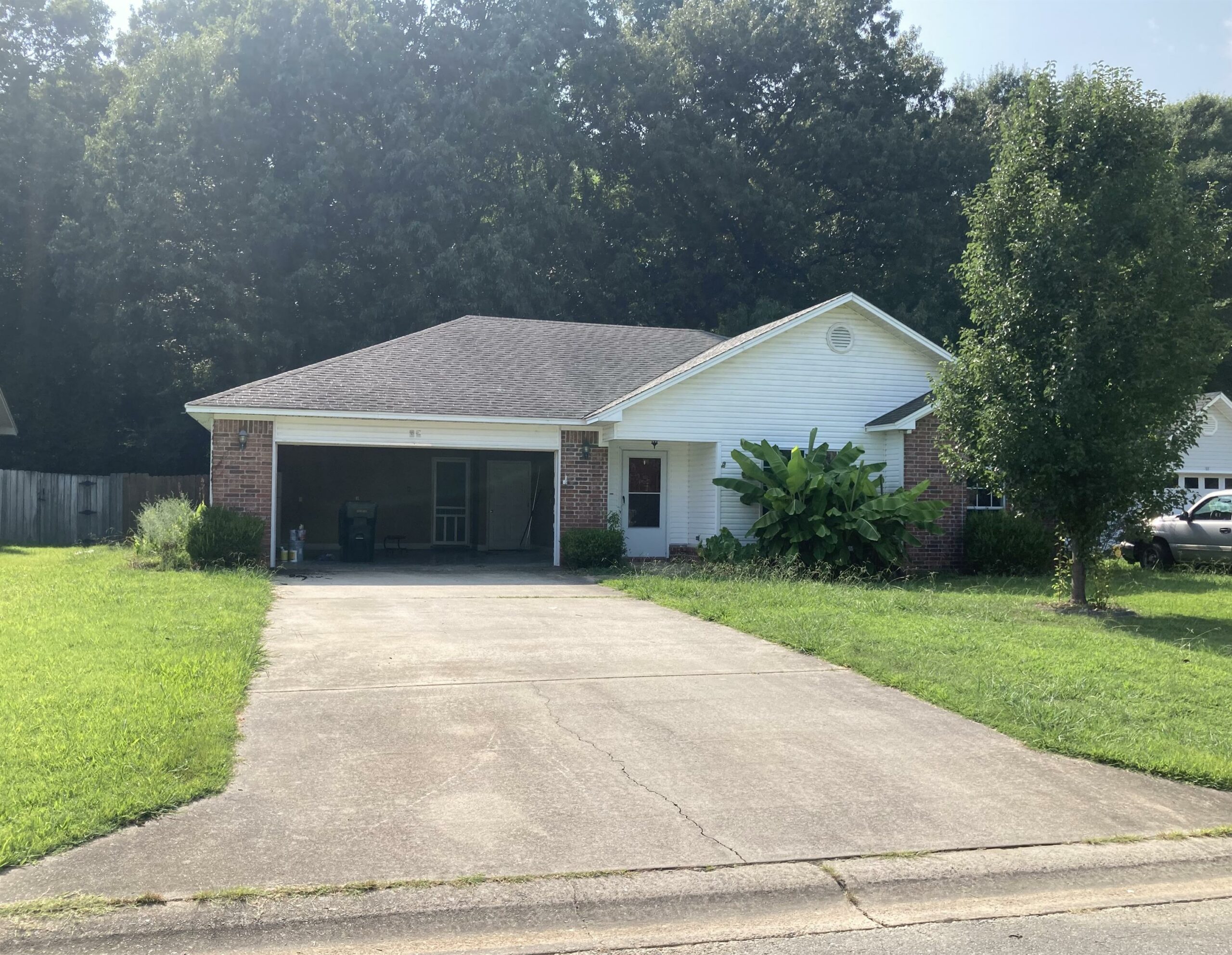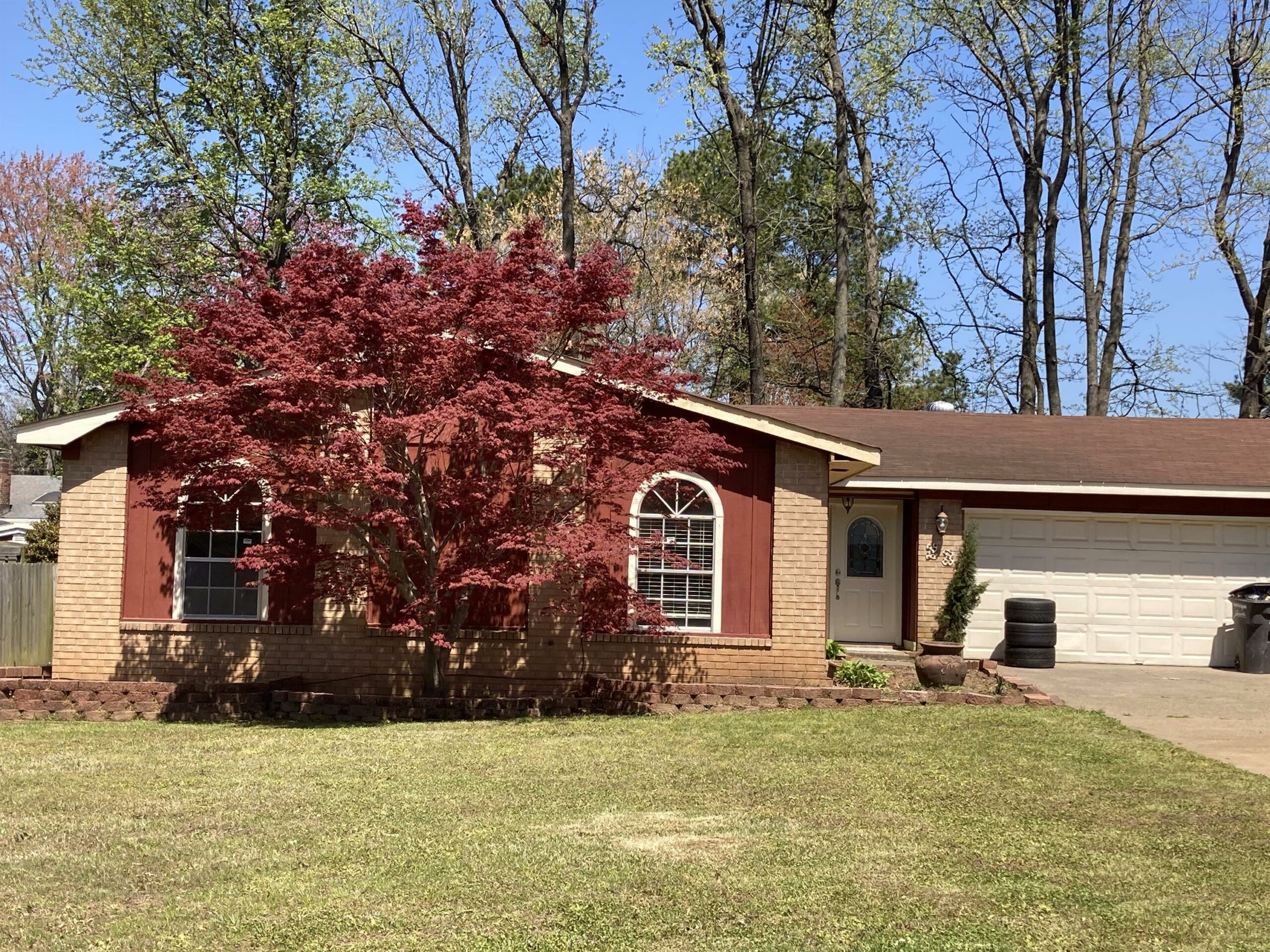If you’ve been renting for a long time, you’ve probably grown accustomed to the way maintenance works.
When something breaks, you contact your landlord or simply open a maintenance request on your renter portal– and then (ideally) your landlord sends someone out to fix the problem. It’s easy– as long as you have a responsive landlord.
But there are lots of reasons why people who rent are eager to purchase a home of their own.
You might be ready to start or expand your family, you might want to make an investment in real estate, or you might just want to live somewhere where you can paint and hang things on the walls without worrying about incurring a fine.
Purchasing a home can be an intimidating process– there’s a lot to learn, and a lot of terminology to understand in order to make the best possible decision.
Working with a great real estate agent or realtor can help you make the right choices, but after it’s all said and done and the moving trucks have pulled away, you’ll still need to be prepared for some potential hidden expenses.
What do I need to financially plan for as a new homeowner?
After the down payment and closing costs you just dealt with, you might be ready to breathe a sigh of relief and settle into life as a new homeowner.
However, there are a few things you should keep in mind that will save you plenty of time, money, and stress down the line.
One of your very first priorities as a homeowner should be creating a budget. This budget should definitely include homeowner’s insurance– don’t leave it up to chance, and probably get a slightly more comprehensive policy than you think. You certainly won’t regret it if something happens to your new home!
You probably planned for this prior to your home purchase, but make sure you’re aware of any Homeowners Association (HOA) fees that you might need to pay.
Although this might seem like an unnecessary expense, this money goes toward the upkeep of your neighborhood and will keep things looking nice. A nice-looking neighborhood is more enjoyable for residents and will definitely increase the sale value of your home, should you ever decide to sell.
Even though you’re most likely paying less monthly than you were when renting, you should also keep in mind that you’re now responsible for the maintenance and upkeep of your new home– which can be a big deal.

How much will I pay for home maintenance as a homeowner?
Of course, the amount of money you’ll need to spend for home maintenance will vary greatly depending on the home you’ve purchased and your individual needs.
If you bought a fixer-upper, you’ll need to set aside money for renovation and repair projects.
Even beyond renovations, there are plenty of necessary costs for a home’s upkeep. You’ll need to get regular HVAC system maintenance in order to avoid high energy costs or costly repairs.
You’ll also need to pay for things like yard maintenance, pest control, appliance repairs or replacements, etc.
In general, it’s recommended that you set aside 1-4% of your home’s sale value for maintenance.
Although home maintenance tends to cost just about 1% of your home’s value per year, it’s always better to set aside more than you’ll need. In the event of a major issue, you certainly won’t regret having those extra savings.

How can I prepare for homeownership during my search to buy a home?
When you work with an experienced, well-connected, and knowledgeable realtor, you’ll benefit from the insight and information that they’ve gained during their time in the industry. They can also coach you on what questions to ask current homeowners regarding maintenance, in order to help you avoid hidden costs in the future.
To get started on your home buying journey today, send us a message! We’ll connect you with an agent and answer any questions you might have about the process.
